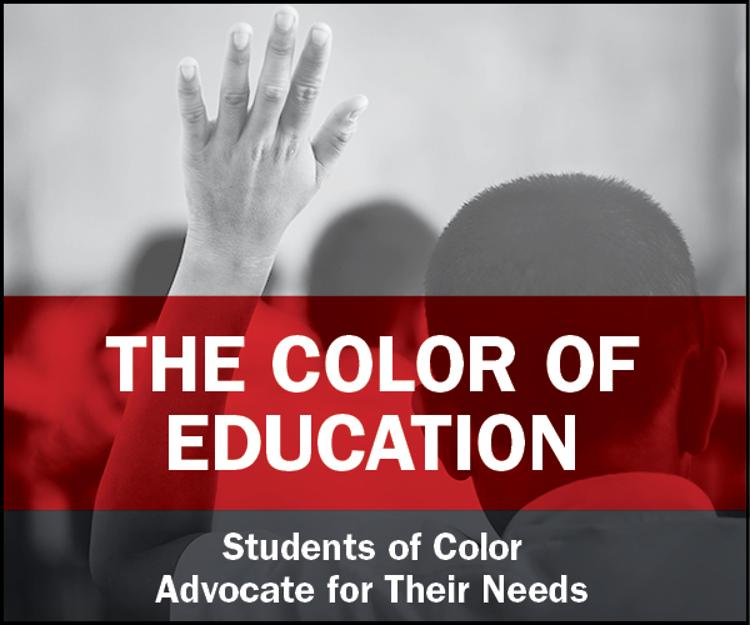

#Groove agent 4 educational full
Results show that the model can reproduce observable features of the Italian system, and highlights low income levels and the following full resort to regional scholarships. The model implies that the individual preference to enroll at university depends upon (i) economic motivations, represented by the expectations on future income, which are formed through interaction within individuals’ social network (ii) influence from peers (iii) effort of obtaining a university degree.

The aim is to analyze the determinants behind university enrollment decisions possibly causing the low level of attainment and explore three alternative scenarios that propose the expansion of financial support and the increase in the average income gap between skilled and unskilled individuals. This work models the choice of young Italians to attend university or leave education and enter the labor market, by making use of an agent-based model that reproduces the Italian higher education and policy system.

Although the low level of tuition fees and the absence of other access barriers, Italy is characterized by low educational attainments at the university level.


 0 kommentar(er)
0 kommentar(er)
